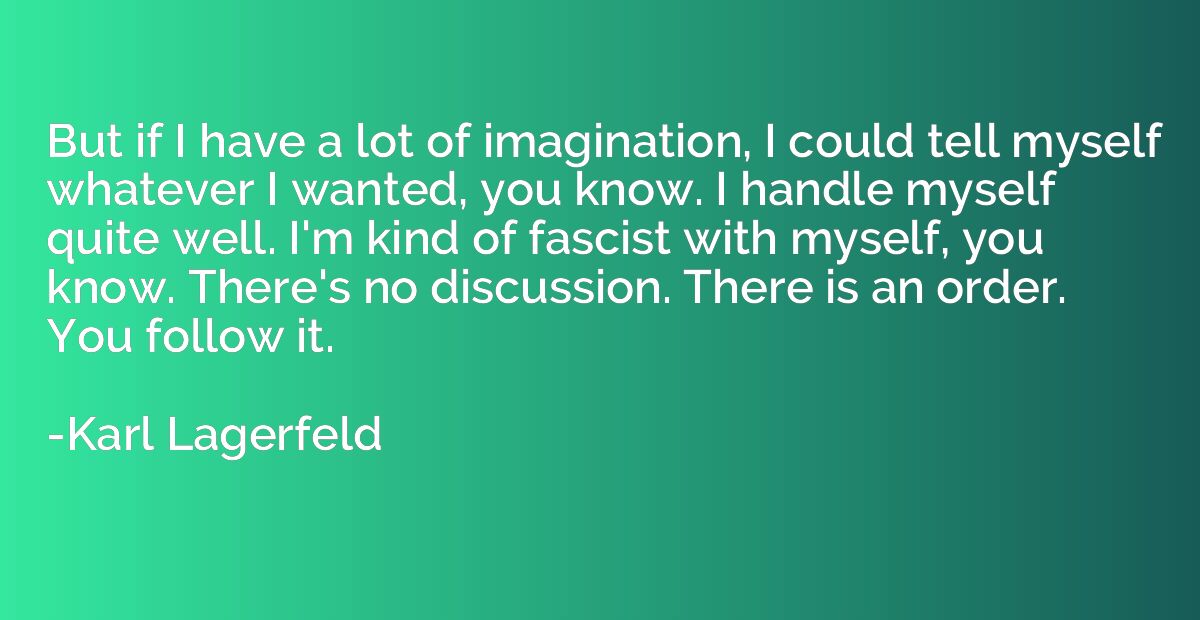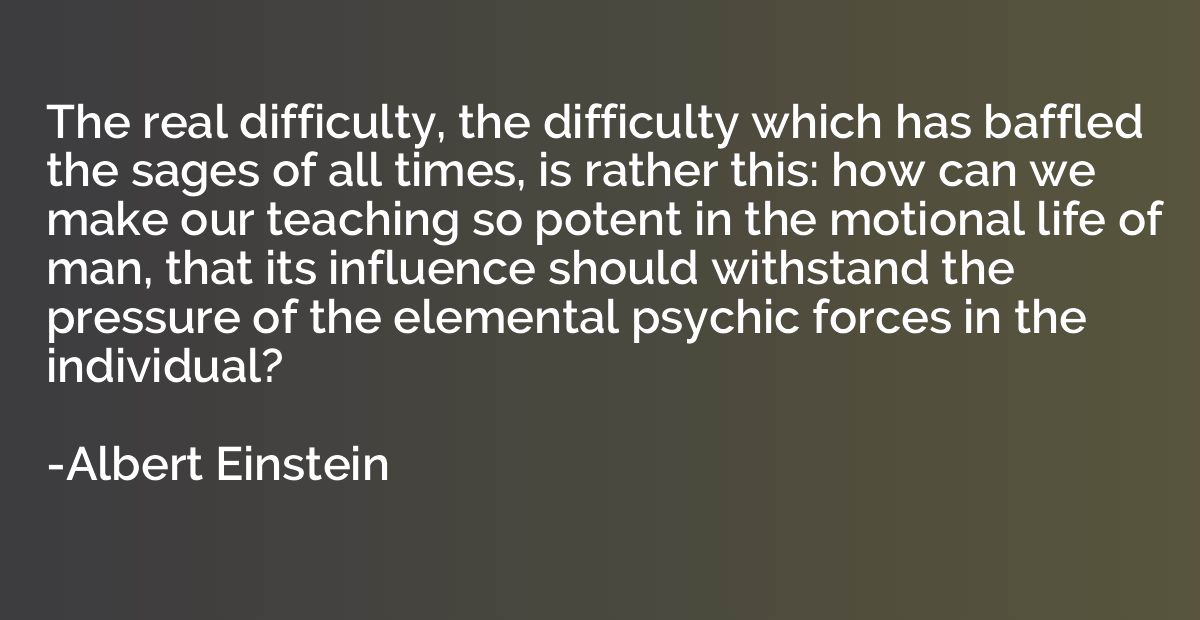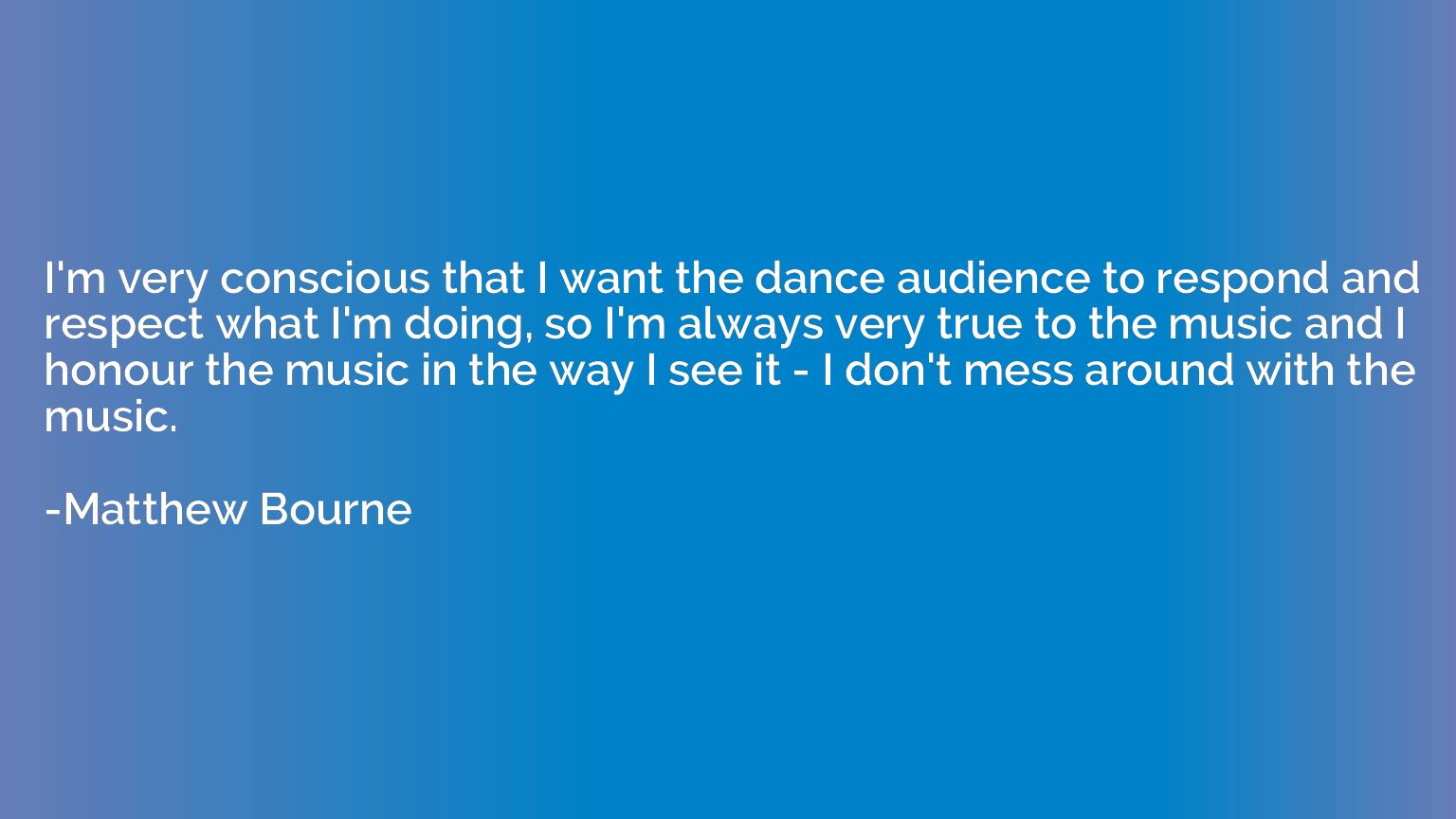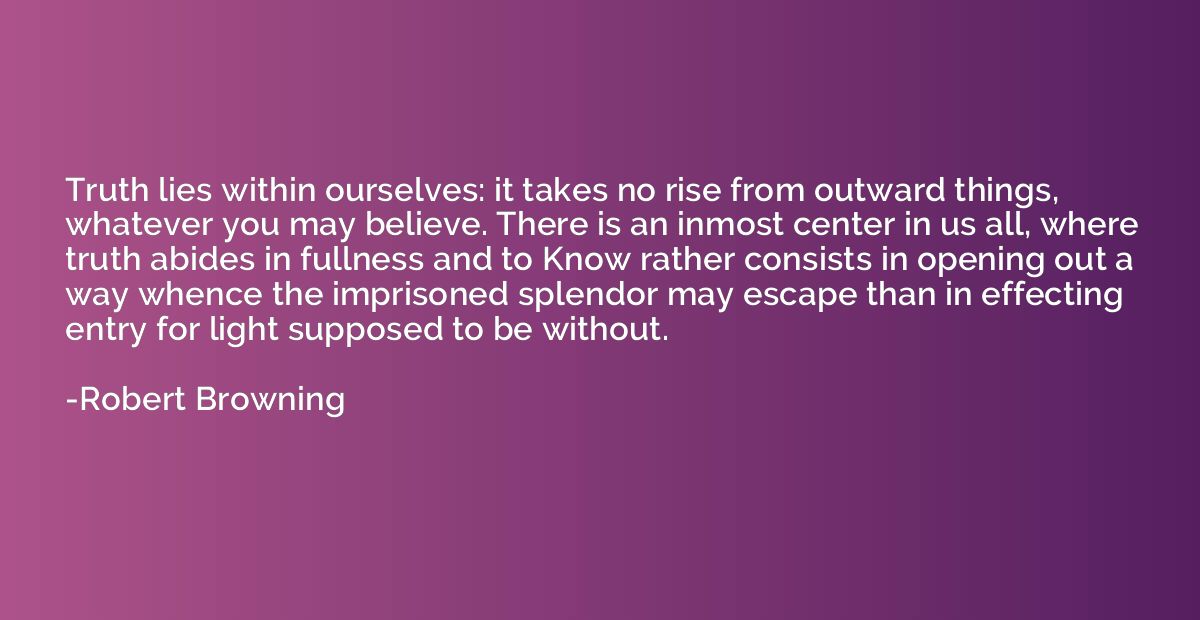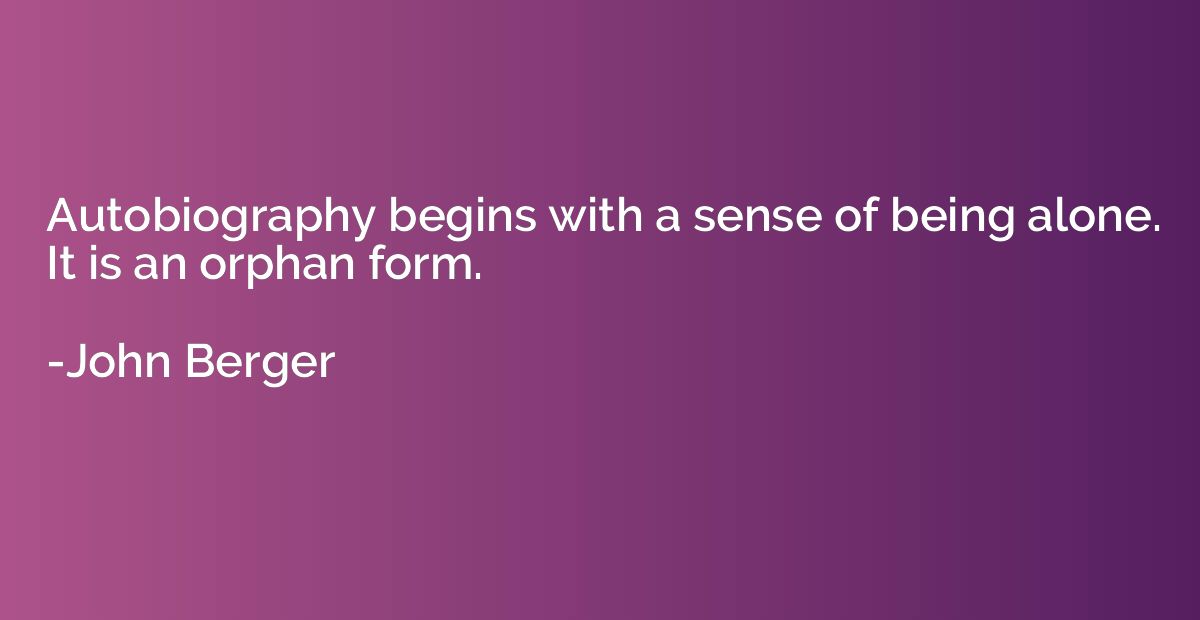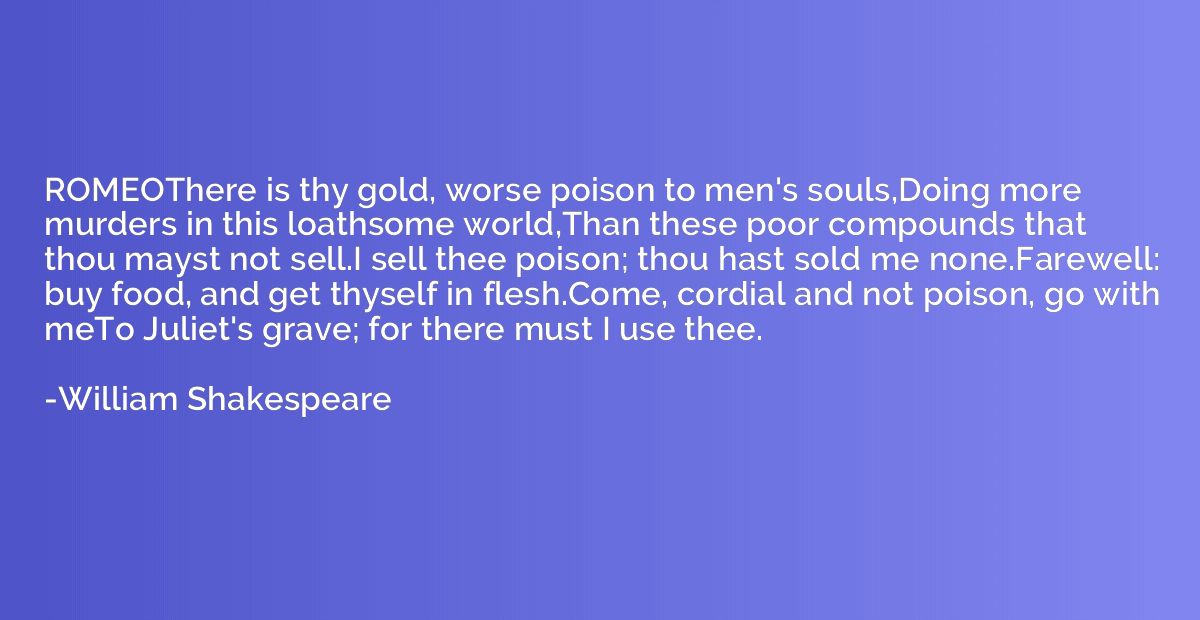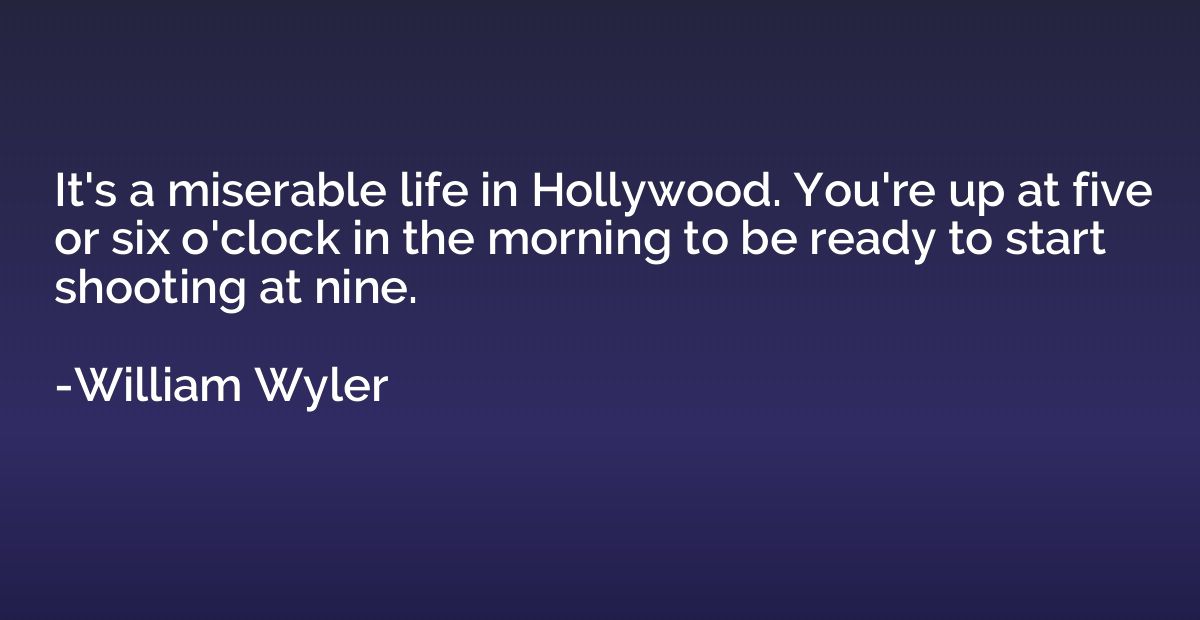Quote by Aesop, The Eagle and the Arrow
The shaft of the arrow had been feathered with one of the eagle's own plumes. We often give our enemies the means of our own destruction.
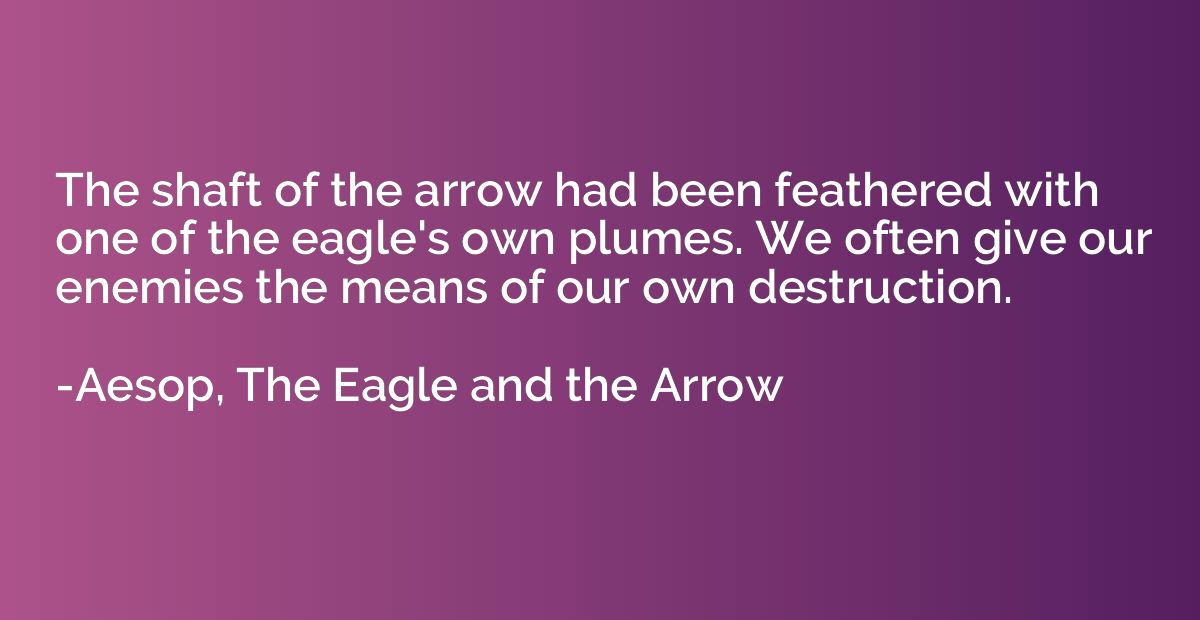
Summary
This quote emphasizes the irony and self-destructive nature of human behavior. By using the feathers of an eagle, a symbolic enemy, to create arrows, the quote highlights the tendency of individuals to inadvertently facilitate their own downfall. It serves as a reminder that sometimes we unknowingly provide our opponents with the tools and opportunities necessary to harm us. Ultimately, the quote suggests the importance of self-awareness and caution in our actions to avoid contributing to our own destruction.



